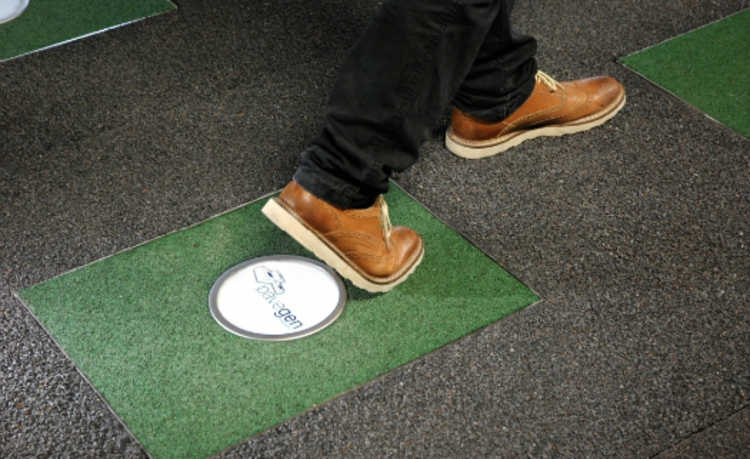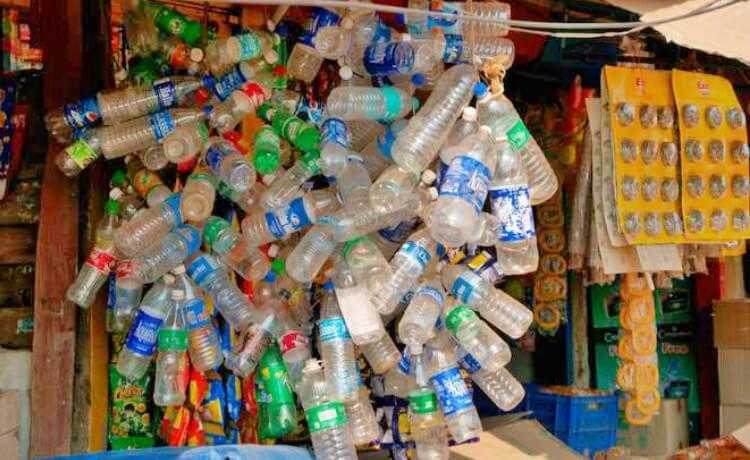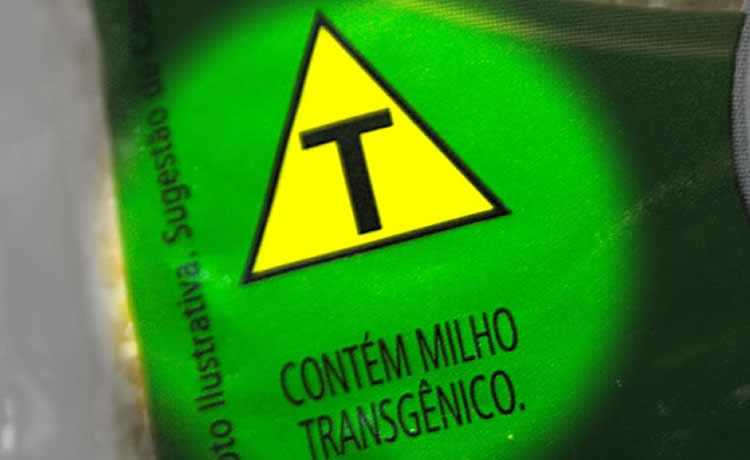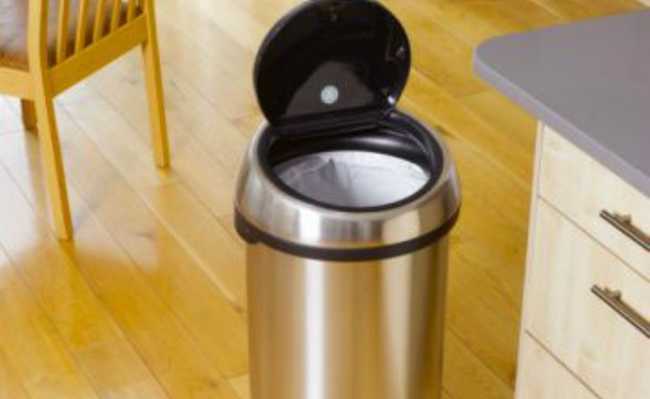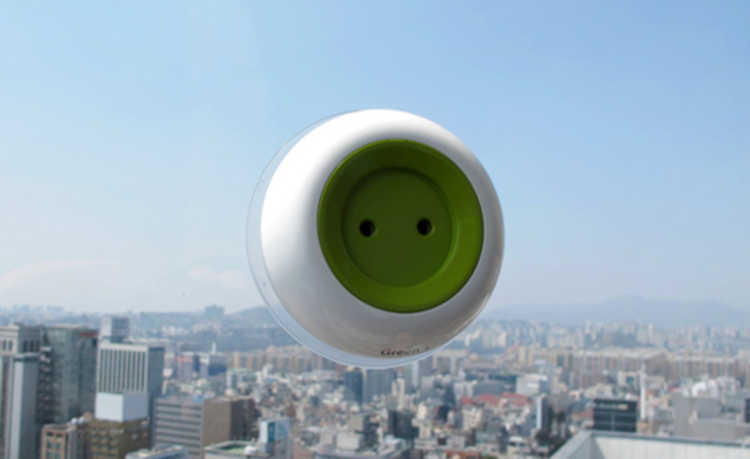Disinfecting the house: what are the limits?
Washing hands, not smoking indoors and avoiding contact with sick people are some tips to control germs and bacteria in the home.

We are bombarded all the time by advertising productions that recommend extreme cleanliness. Sanitizers, germicides, bactericides, total white, in short, a profusion of messages that involve us and lead us, in a way, to a paranoia of cleaning. Certainly, the idea of leaving your house clean gives a sense of order and security, even in terms of not contracting diseases. However, the question remains as to the limits and eventual exaggerations or even if it is possible to disinfect too much, depending on the germs and bacteria we are dealing with. Some are undeniably dangerous, such as E. coli and Salmonella, but on the other hand there are cases of germs that are on our side, that is, they benefit us, such as probiotics, which help our digestive system. In addition to these, the presence of less powerful germs, which do not make us sick, even serve as instruments to reinforce the immune system.
Therefore, the recommendation is to use the disinfectant sparingly. And to help you figure out what that limit is, the eCycle team gives you some guidelines to follow on how to sanitize your home without exaggeration:
- Use a safe disinfectant: for a start, a disinfectant that kills germs and bacteria but does not contain toxic substances is ideal. Some products carry excess chemicals, others even oil and ultimately end up contaminating the environment, especially in cases where sanitation systems in cities are ineffective. Look for substances with low impact on the environment or even your own homemade disinfectant, see how to make homemade disinfectant;
- Focus on danger zones: areas such as sponges, toilets, cutting boards should be regularly disinfected as they contain a lot of germs. Now in other parts of the house, such as furniture and utensils, vinegar and baking soda already solve your problems with germs and bacteria;
- Wash Your Hands Properly: One of the best ways to stay immune from disease and lead a healthier life is to wash your hands regularly. The Centers for Disease Control and Prevention recommends scrubbing your hands with warm, soapy water for at least twenty seconds;
- Let your kids get dirty, preferably in the countryside: research shows that kids who grow up on farms, in close proximity to animals, tend to develop stronger immune systems than city kids. So let them play in the dirt and if they get a little dirty, it can prevent future problems with illnesses;
- Avoid smoking indoors or indoors: cigarette smoke can cause major problems in your home. It stains walls, damages furniture, and even kills "good" bacteria, compromising your immune system and making you more susceptible to disease;
- If someone is sick, take it seriously: now is the time for you to intensify the procedures for decontaminating objects and the environment. When a family member is sick in your home, pay special attention to cleaning objects with which they keep in contact or use, such as doorknobs, clothes, etc.
These are tips that preserve home hygiene and alert you to the real points of attention regarding house cleaning issues, without exaggeration.
If you have your own tips on this subject, please share with us below. It will be a pleasure to know about new alternatives.




